The Electric Car Scam: An EV Owner’s Eye-Opening Revelation
In the ongoing discourse around electric vehicles (EVs), a singular voice has emerged to cast a shadow on their acclaimed benefits.
An EV owner has extensively detailed his grievances, raising pertinent questions on their cost, convenience, and contribution to environmental preservation.
Initial Investment
Electric vehicles, touted for their supposed cost-efficiency, reportedly come with a substantial initial price tag. The EV owner highlighted that these cars are often priced at an average of $60,000.

Source: Jenny Ueberberg/Unsplash
This amount stands a notable $12,000 higher than their gasoline-powered counterparts, a fact that initiates a complex dialogue on the actual cost-effectiveness of owning an electric vehicle.
Public Charging Costs
The discourse around the costs extends to the realm of recharging. This EV owner discovered an unsettling reality at public charging stations – recharging his electric truck cost more than a traditional gasoline refill.
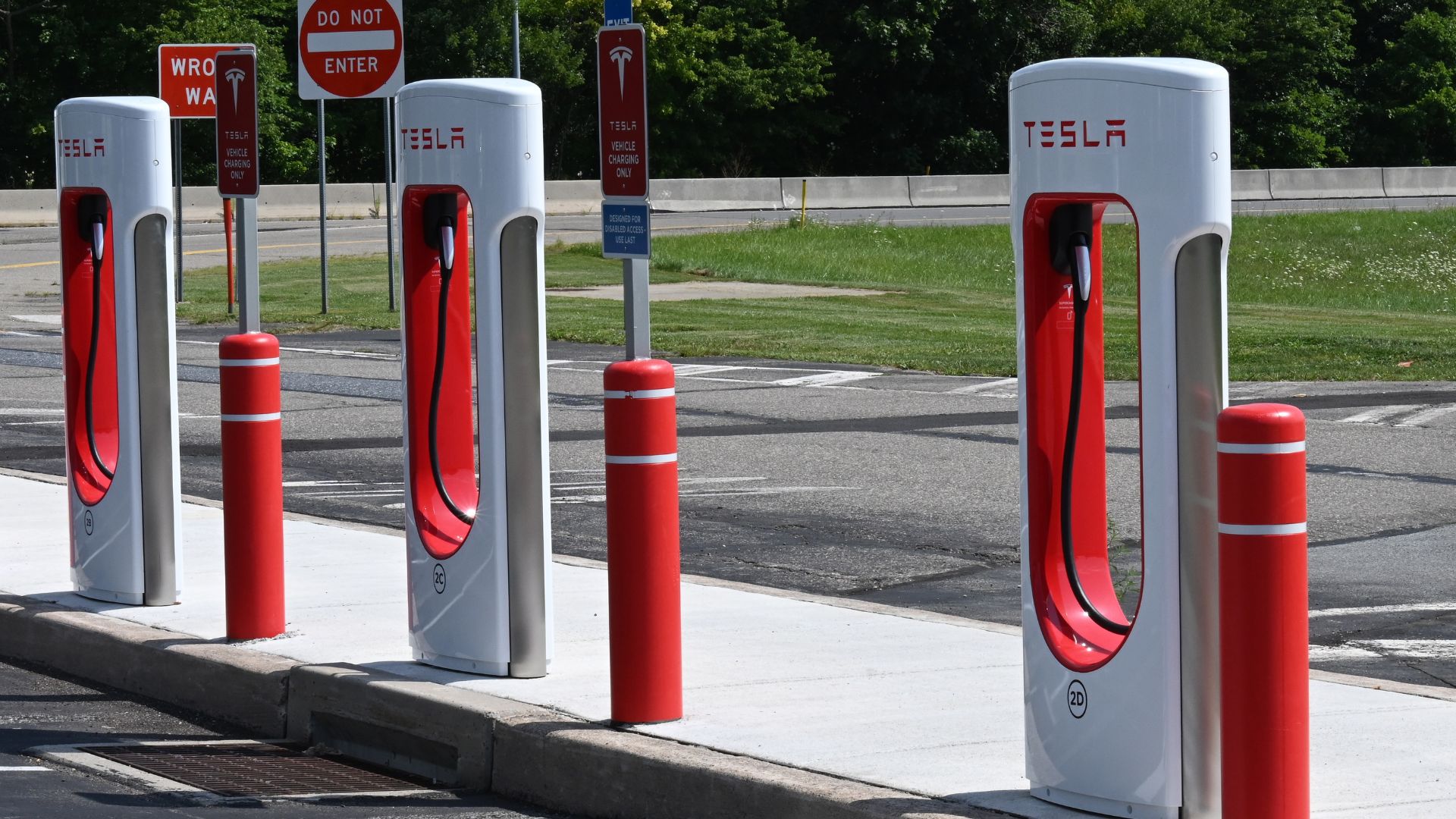
Source: J Dean/Unsplash
He underscores a disruption of the anticipated cost-saving narrative, invoking critical reflections on the economic implications of widespread EV adoption.
Home Charging Installation
The alternative to public charging stations, home charging setups, come with their own financial implications. Home Advisor indicates costs ranging from $545 to $1,375 for installation.

Source: zaptec/Unsplash
This substantial investment is essential to consider in the broader conversation about the affordability and practicality of EVs, reframing the dialogue to incorporate these often overlooked expenses.
The Road Tax Dilemma
The elimination of gasoline purchases introduces a fiscal challenge for road maintenance funding. A portion of gasoline costs traditionally contributes to this essential public service.

Source: Joey Huang/Unsplash
The EV owner underscores a looming question: In an all-electric vehicle era, who bears the financial responsibility for road repairs, and what mechanisms will ensure consistent funding?
Maintenance and Repairs
Maintenance, an integral aspect of vehicle ownership, is another area highlighted by the EV owner. He contends with the popular narrative of low maintenance costs for EVs.

Source: Sten Rademaker/Unsplash
The reality of higher insurance premiums and expensive repair parts is presented as an essential consideration for potential buyers, injecting a dose of realism into the aspirational discourse surrounding electric cars.
Range and Recharge Costs
Mach1 Services has revealed that charging an electric vehicle, particularly larger or long-distance models, could cost between $22.50 and $45. This revelation accentuates the EV owner’s argument, offering a more nuanced perspective on the vehicle’s operational costs.
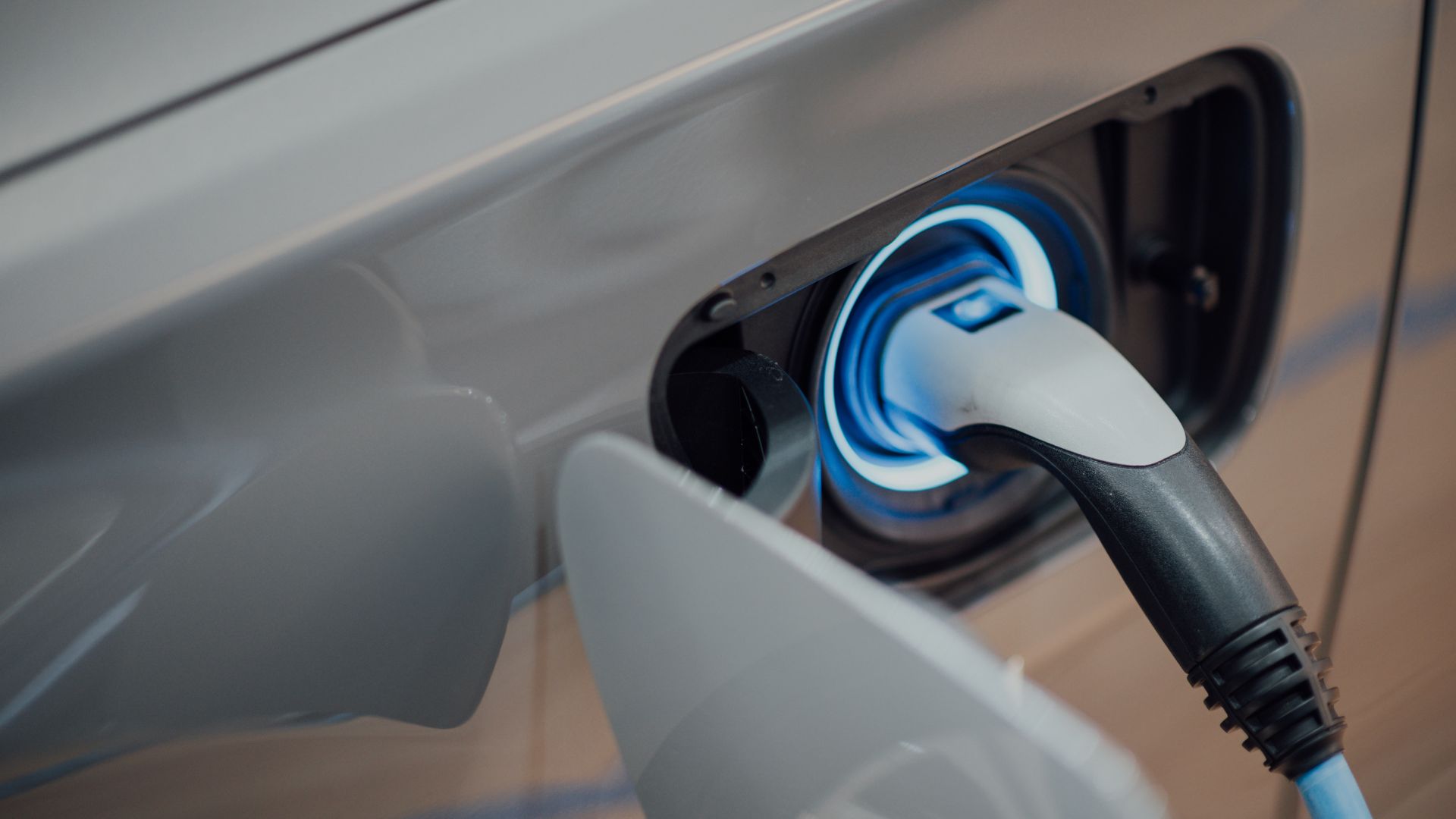
Source: CHUTTERSNAP/Unsplash
Furthermore, the limited range of 250-300 miles per charge necessitates a reassessment of their practicality for varied usage scenarios.
Environmental Considerations
Though EVs are celebrated for their reduced emissions and environmental impact, the economic factors intertwined with their use necessitate a holistic evaluation. The EV owner’s experience and subsequent revelations compel a broader societal examination.
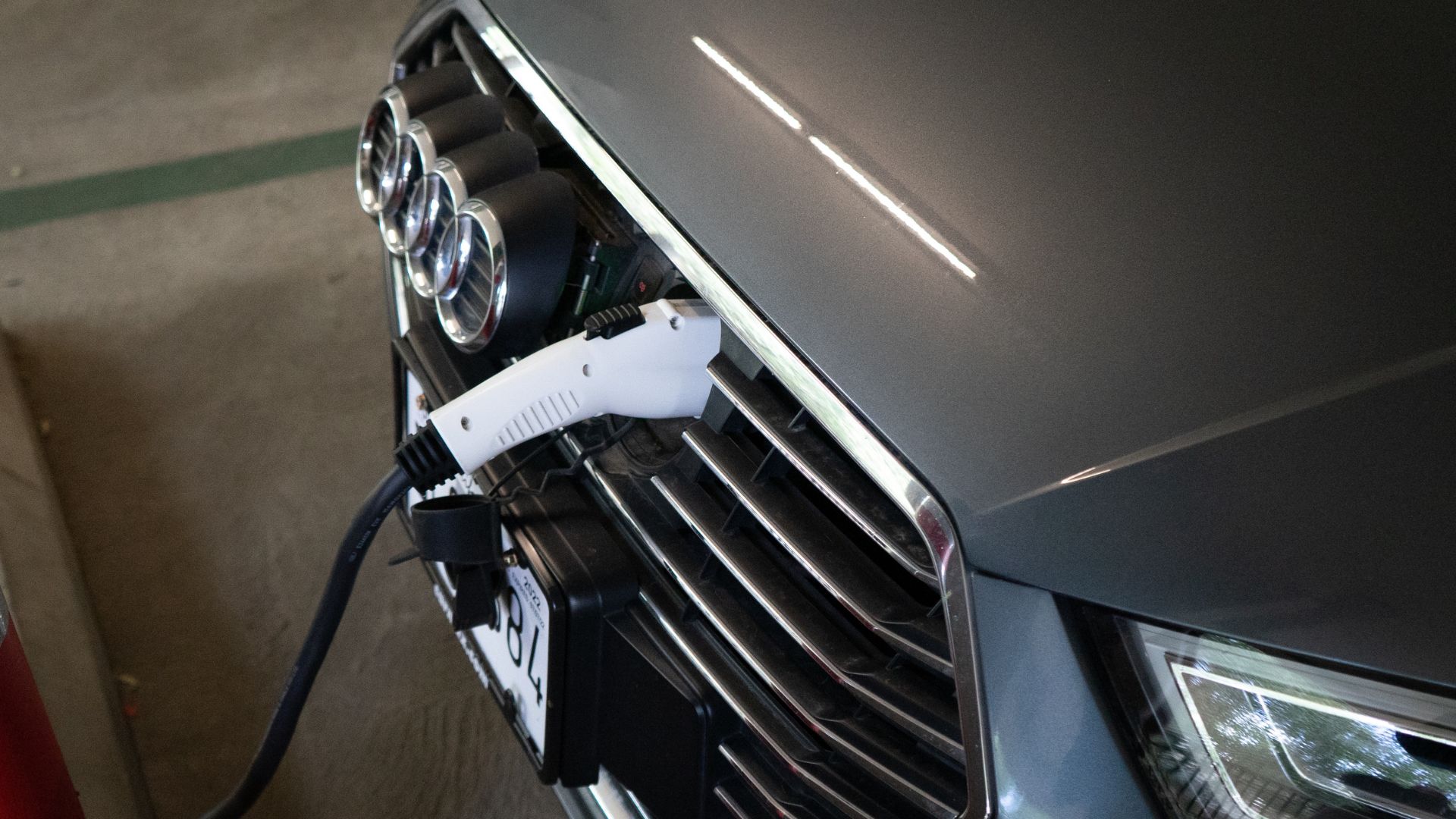
Source: Brian Wangenheim/Unsplash
It demands a balancing act between environmental aspirations and the intricate economic realities unveiled by actual ownership experiences.
Policy and Public Sentiment
Government policies, particularly in California, have vigorously endorsed the transition to electric vehicles. However, the EV owner’s candid revelations underscore a divergence between policy objectives and the experiential realities of the public.

Source: Natalie Chaney/Unsplash
This gap accentuates the need for a more comprehensive, multifaceted approach to the promotion and integration of EVs into the mainstream automotive landscape.
A Comprehensive Assessment
The EV owner concludes his exposition by asserting the misrepresented affordability of electric vehicles. This assertion, backed by his detailed account, invites a rigorous, fact-based examination of the intricate economic and practical dynamics at play.

Source: Wes Hicks/Unsplash
It stands as a call for a comprehensive, nuanced dialogue grounded in the lived experiences of the vehicle owners.
The Public Discourse
The revelations by the EV owner have started a vibrant public discourse, invoking polarizing opinions and critical reflections on the future of electric vehicles.
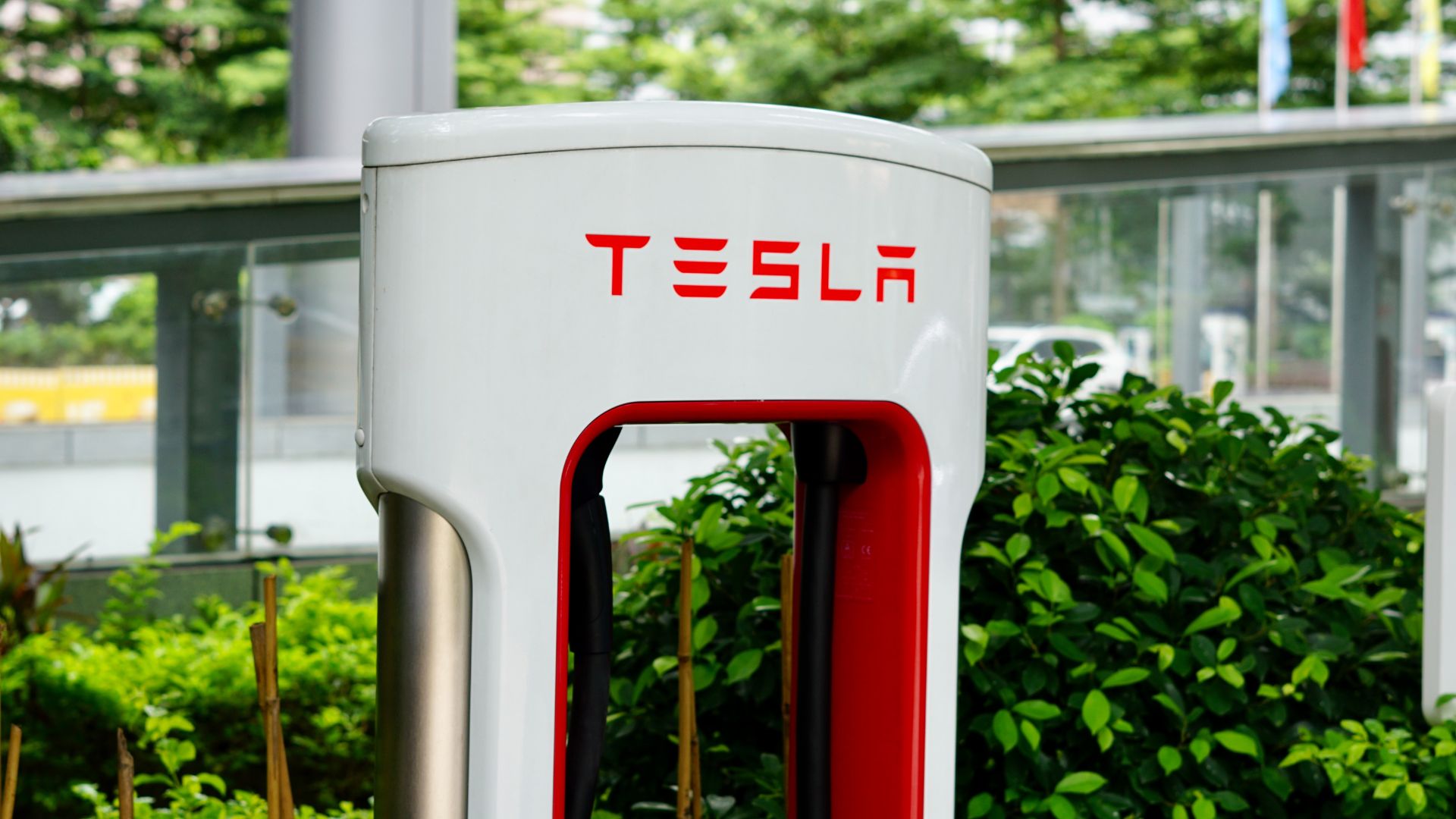
Source: Neo Tan/Unsplash
These insights, unfolding in real-time, are instrumental in shaping the trajectory of EV integration, policy development, and the collective societal understanding of the multifaceted implications of this transition.
Looking Ahead
The insights provided by the EV owner punctuate an evolving narrative on electric vehicles. These revelations do not signify a conclusion but rather an invitation to a more nuanced, informed, and comprehensive dialogue.
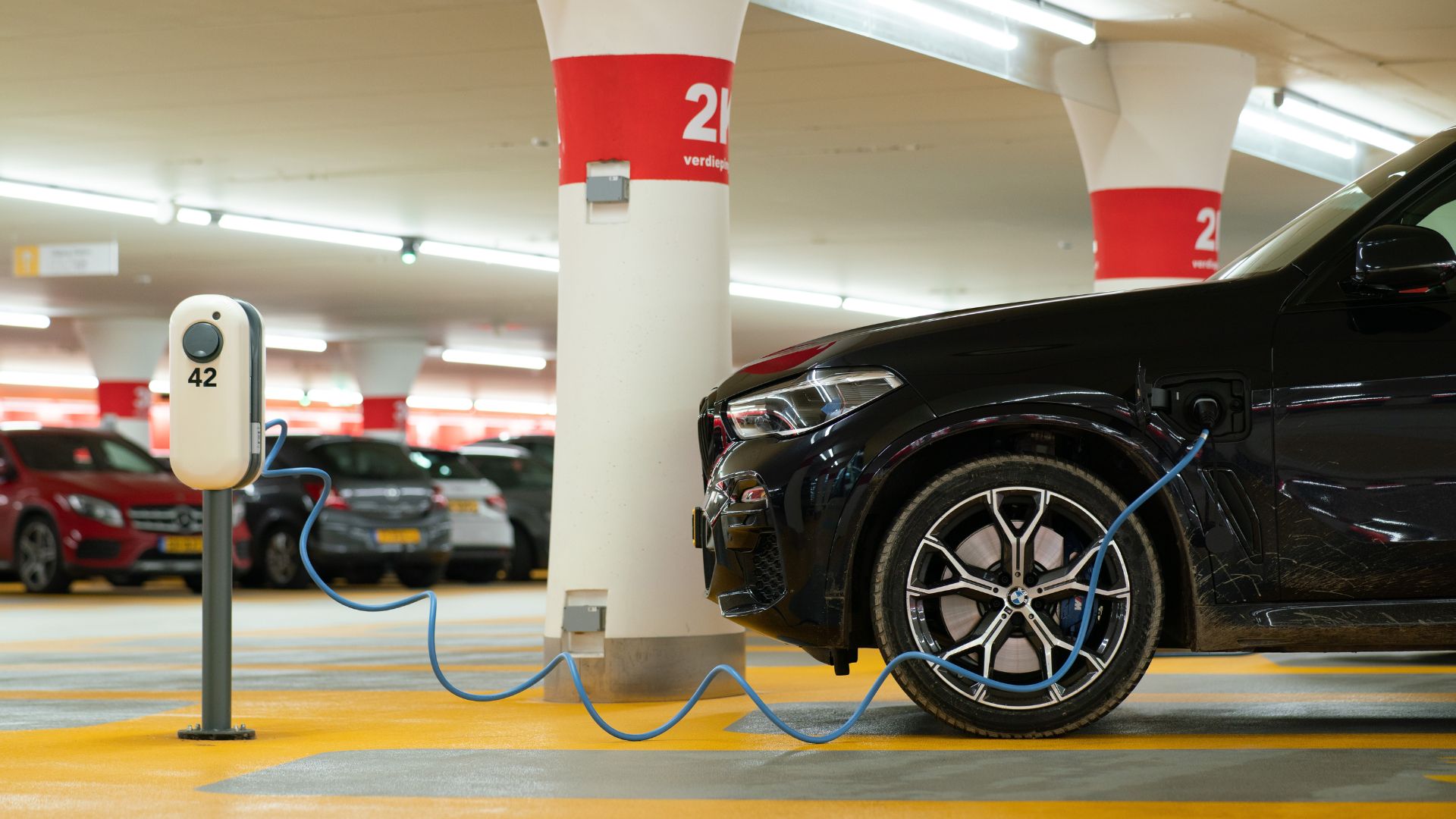
Source: Michael Fousert/Unsplash
The intersection of environmental sustainability, economic implications, and practical utility remains a dynamic frontier, underscoring the complexity of the transition to electric vehicles.
